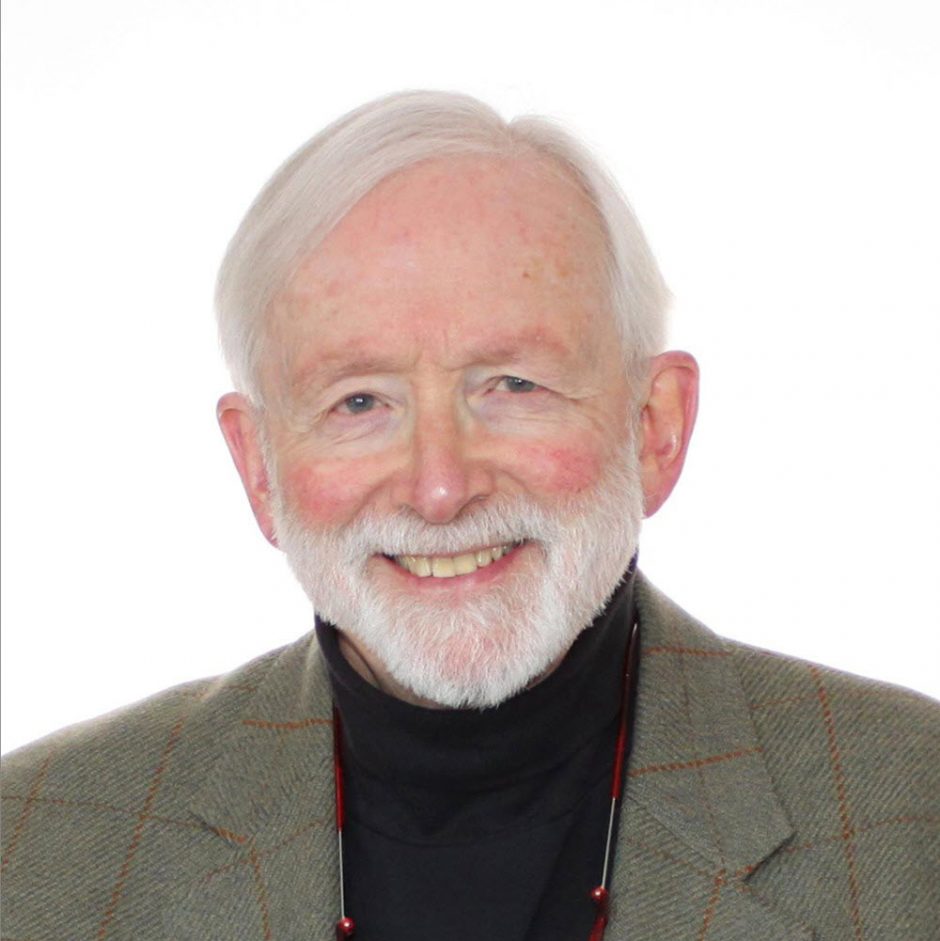
Research Interests
Anticoagulation, Biodegradable Polymers, Blood Compatible Polymers, Cancer, Cardiovascular, Polymer Chemistry and Therapeutics
Research Focus Teams
TBA
Departments
Chemistry, Pathology & Laboratory Medicine
Contact
Email: don.brooks [at] ubc.ca
Office Phone: 604–822–7081
Office number: 4409
Publications
Lab Website
Donald Brooks is the Associate Vice President Research and International at the University of British Columbia (UBC) and a Physical Biochemist and Professor in the Departments of Chemistry and Pathology & Laboratory Medicine. He is also the Director of Support Programs to Advance Research Capacity (SPARC) at UBC.
Dr. Brooks plays a leadership role in promoting research, both federally and provincially, building research excellence, capacity and competitiveness at UBC, in developing institutional strategies for new initiatives and in encouraging and enhancing international research collaborations and partnerships with highly ranked research groups and institutions. His activities have particular emphasis on new funding initiatives from CIHR, MSFHR, SSHRC, NSERC, CFI and Genome BC. The CFI/BCKDF Resource Office, the Health Research Resource Office and the four Coordinators for SSHRC, CIHR/MSFHR, NSERC and CFI report directly to him. Dr. Brooks assists faculty to take full advantage of new funding initiatives and also promotes and coordinates interdisciplinary research. Dr. Brooks represents the University as a member of the Boards of Directors of TRIUMF (committees: Finance & Audit (chair); Technology Transfer and CFO Search Committee (chair)), the Canadian Light Source Inc. (Finance and Audit Committee), the Child & Family Research Institute of the BC Children’s Hospital (chair), and RES’EAU – WaterNet, an NSERC Network. He is Chair of the Institutional Council of the Association of Canadian Universities for Research in Astronomy and a member of the Coalition for Astronomy that represents the needs of this community to government. He is a Fellow of the Canadian Academy of Health Sciences and a Faculty Member of Green College.
Our laboratory is utilizing polymer science in the development of synthetic biocompatible materials for application in blood contacting and other biomedical applications. For instance, it is known that grafted polymer chains have a strong effect on the interaction of surfaces with blood and biological fluids. Our approach to developing biocompatible materials is to grow dense polymer brushes from surfaces, characterize them very thoroughly with respect to molecular weight, thickness and chain separation and to challenge them in a variety of biological settings to assay their effects on biological reactions such as protein and cell adsorption, blood clotting, complement activation and platelet activation.
A current project is to develop an improved container for platelet storage by growing neutral polymer brushes from the inside surfaces of PVC bags, a project that is showing great promise.
A second type of polymer we are working with is based on hyperbranched materials that dissolve as almost protein-like nanospheres in water and can be easily derivatized with a huge range of chemical entities to allow their application as synthetic protein substitutes (e.g. a Human Serum Albumin substitute), drug delivery vehicles and many others. These have proven to be extremely well tolerated in vivo with circulation half lives that are under synthetic control and have been extended to over 60 hr to date. We are applying these to areas as diverse as plasma expansion, cancer chemotherapy, blood pool imaging and cardiac metabolism stabilization in myocardial infarction models.